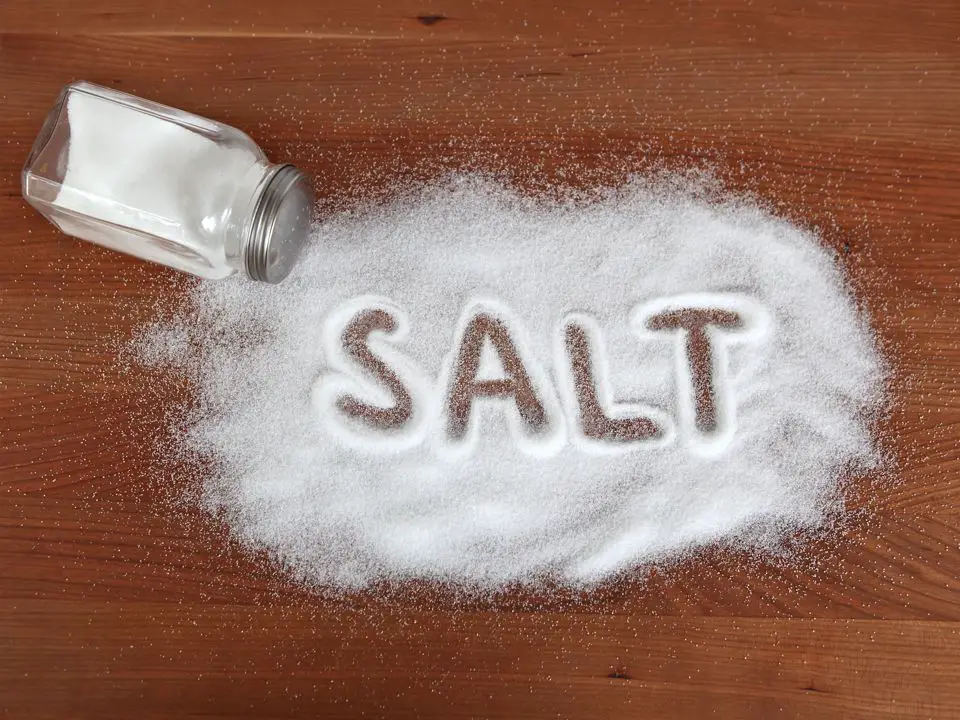I doubt dressing up for a trip to the mall on a sunny
saturday afternoon will ever be complete without spotting a nice fancy
sunglasses or sunshades as we call it in this part of the world. They come in
different shapes, sizes and colors. I personally prefer the brown ones to the
colorful types.
It turns out
your sunshades are more than just some fashion statement. Sunshades actually
protect your eyes from a variety of health problems ranging from sun burns,
cataracts and skin cancer.
A few of the dangers associated with excessive exposure to
UV radiation includes,formation of wrinkles and age spots, skin cancers, thickening of the conjuctiva (pinguecula), macular degeneration, cataracts e.t.c.
·
How
to protect them
UV: Look for a label that says 99 or 100 % UV absorption or UV400. This means the glasses block wavelengths shorter then 400nm.
Polarized: Don’t confuse polarized for added sun protection. It only implies
they cut the glare from horizontal surfaces, allowing for crispier, clearer
vision, particularly while driving.
Lens colour: The darkest pair doesn’t imply the best protection. Many shades
can work well including grey, green, brown, yellow, or rose. It’s just
individual preference.
Lens material: A quality pair of sunglasses will have optically ground lenses
with little distortion. Cheaper varieties are usually made out of pressed
plastics. NOTE: when trying them on, turn your eyes left and then right while
you are looking through the lenses to determine if there's any distortion.
Frames: Over-sized
glasses are more than fashion statements. They are good for eye protection as
well. Big frames or a wrap around style shields more UV , preventing rays from coming
in at the sides. wrap around glasses can also help to cut down on dry eye by
preventing evaporation of the eye's natural tear film.
ADVICE: Get your own quality sunshades today to guarantee your eye
safety.....
Follow this page to learn more about protecting your eyes by eating the right diet.
Images are from aliexpress and fashiondiary.











